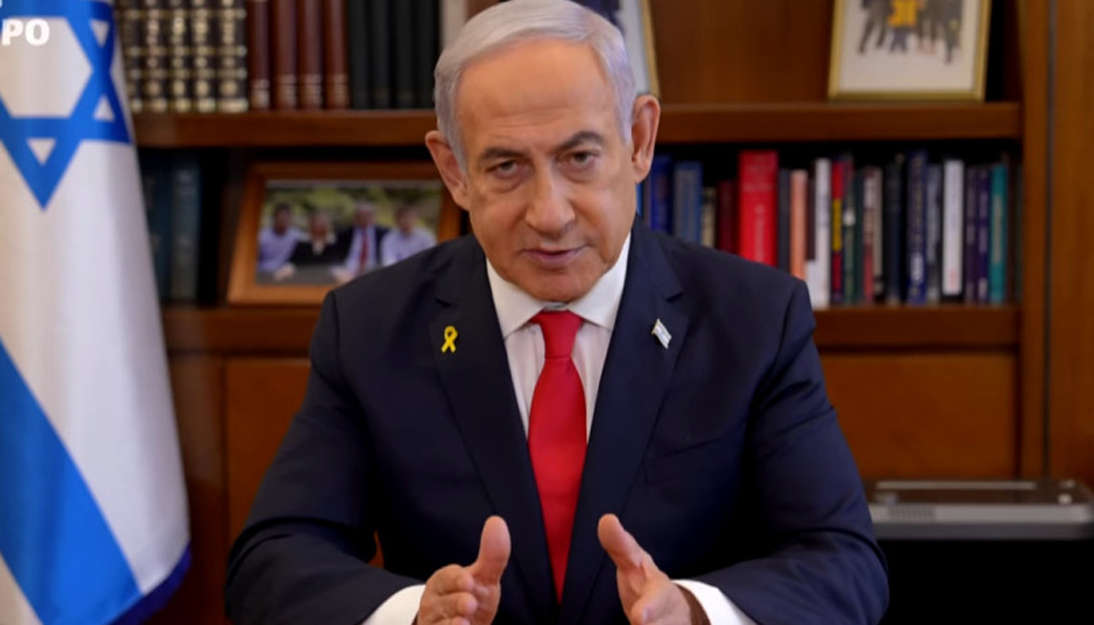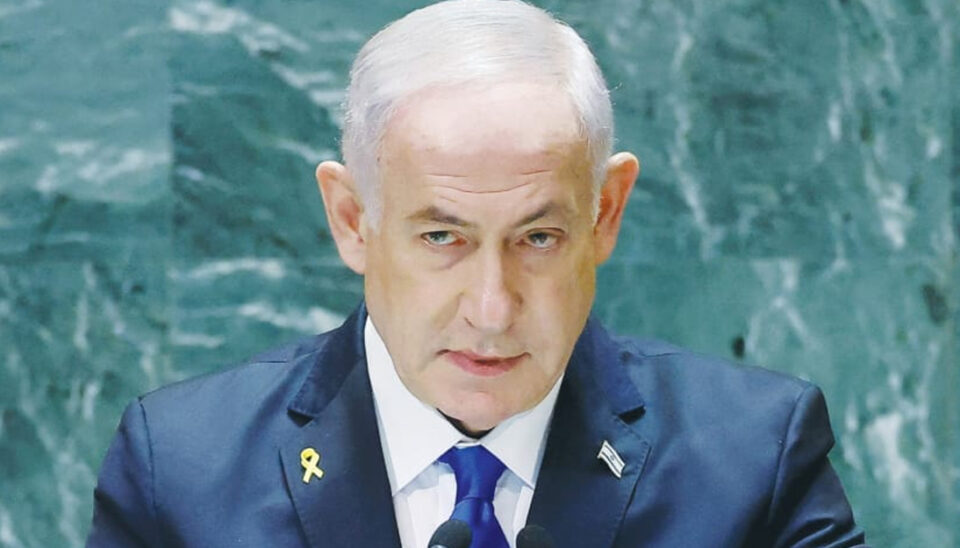Israel’s Response to Hezbollah Marks a Historic Turning Point
In a speech delivered at the United Nations General Assembly last Friday, Israeli Prime Minister Benjamin Netanyahu sent a powerful message: Israel will not quietly accept threats to its security. Quoting from the Book of Samuel, Netanyahu declared that “the eternity of Israel will not falter,” and paraphrased poet Dylan Thomas to say, “Israel will not go gently into that good night.” This statement foreshadowed Israel’s escalating actions against Hezbollah, the terrorist organization entrenched in Lebanon.
Hours after Netanyahu’s speech, the Israeli Air Force carried out a precision strike in Beirut, targeting and killing Hezbollah leader Hassan Nasrallah. This marked a significant shift in Israel’s strategy against Hezbollah after months of tension, evacuations, and smaller retaliatory measures.
Netanyahu’s message to the UN was clear: Israel has had enough of Hezbollah’s provocations. The targeted killing of Nasrallah is just one step in a carefully planned escalation designed to degrade Hezbollah’s military capabilities and reduce the threat it poses to northern Israel.
From Escalation to Ground Operations
Early Tuesday morning, Israel took another significant step, launching a limited ground incursion into southern Lebanon. These actions aim to dismantle Hezbollah’s strongholds, which have posed a continuous threat to Israel’s border communities.

Netanyahu’s words at the UN are not just rhetoric. They reflect a shift in Israel’s military strategy that has instilled renewed confidence among the Israeli public. Just weeks ago, Israel appeared weakened by internal division and external threats from Hezbollah and Hamas. However, the recent successful operations, including the elimination of Nasrallah and other precision strikes in Yemen, are restoring Israel’s deterrence capabilities.
Restoring Deterrence and Shifting the Balance
Former White House advisor Jared Kushner hailed Nasrallah’s killing as “the most important day in the Middle East since the Abraham Accords breakthrough.” His statement reflects the belief that Israel’s decisive actions are reshaping the region’s power dynamics.
Iran, Hezbollah’s primary backer, has spent decades building up Hezbollah as a deterrent against an Israeli strike on its nuclear facilities. However, Israel’s recent moves have significantly weakened Hezbollah’s leadership and military infrastructure, forcing Iran to reconsider its strategy. Reports that Iran’s Supreme Leader Ali Khamenei was relocated to a safe area demonstrate the growing concern among Israel’s enemies.
Looking Forward
While the recent operations have boosted Israel’s morale, Netanyahu warns that this is not the time for complacency. Israel remains focused on dismantling Hezbollah’s capabilities while navigating the ongoing challenges posed by Hamas and other threats in the region. Ground operations in Lebanon continue, aimed at neutralizing Hezbollah’s military infrastructure and securing Israel’s northern communities.
At some point, diplomatic efforts led by the United States and France may call for a ceasefire, but Israel will ensure that any agreement includes the complete disarmament of Hezbollah. Unlike previous ceasefires, which relied on ineffective international forces, this time Israel plans to enforce the terms of any agreement itself.
As the Jewish year transitions, Israel stands at a historic turning point. The country’s recent actions have shifted the tide, and for the first time in months, there is cautious optimism that Israel can achieve lasting security in the North.
Netanyahu’s speech and Israel’s ongoing military actions show that the country will continue to fight back with strength and determination, ensuring that its people remain safe in the face of ongoing threats.

